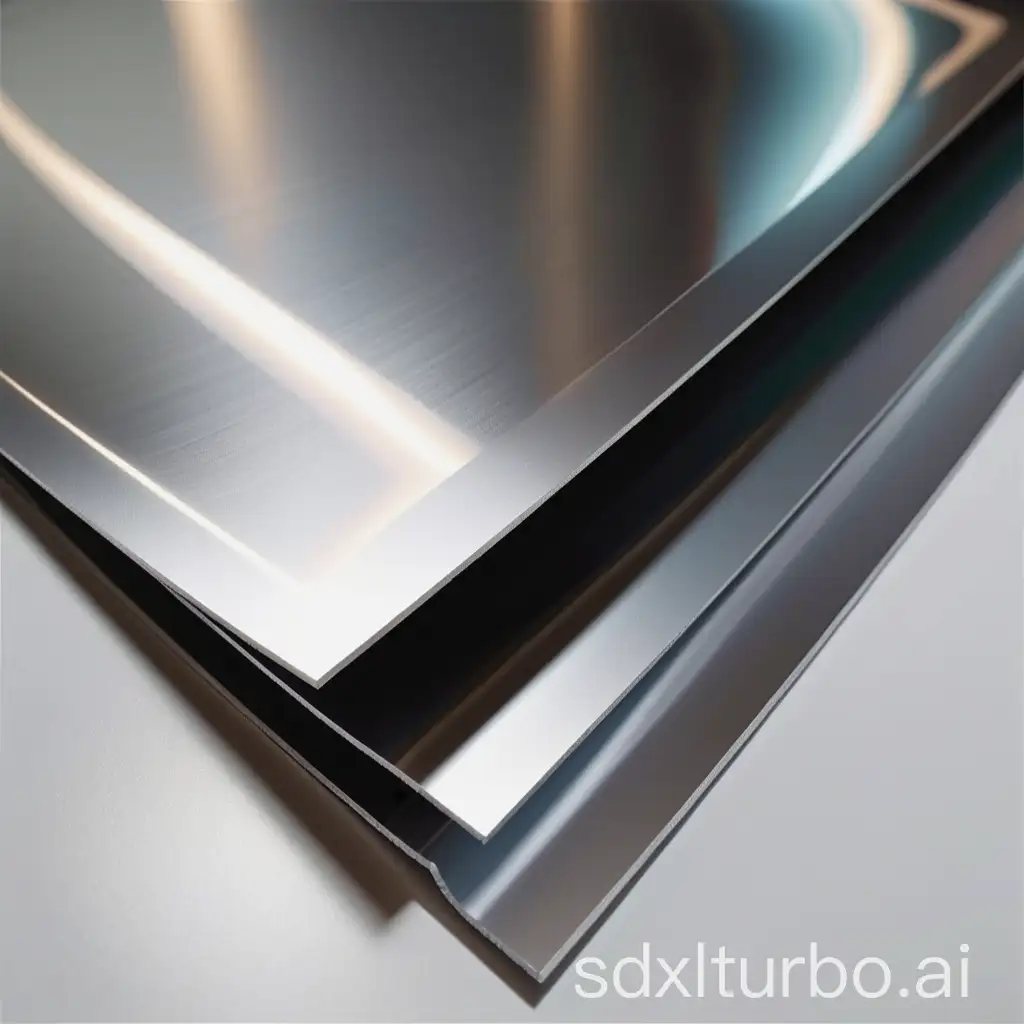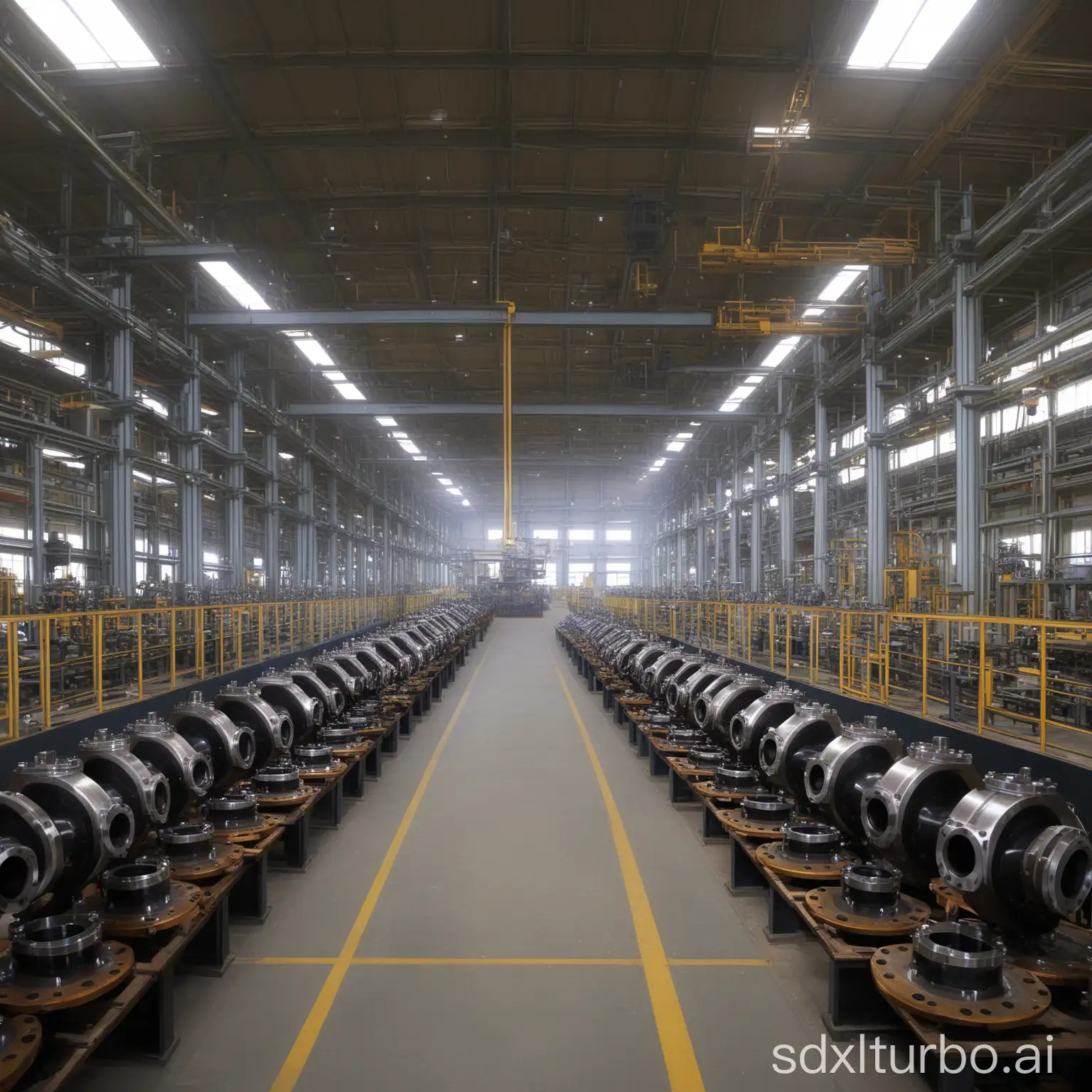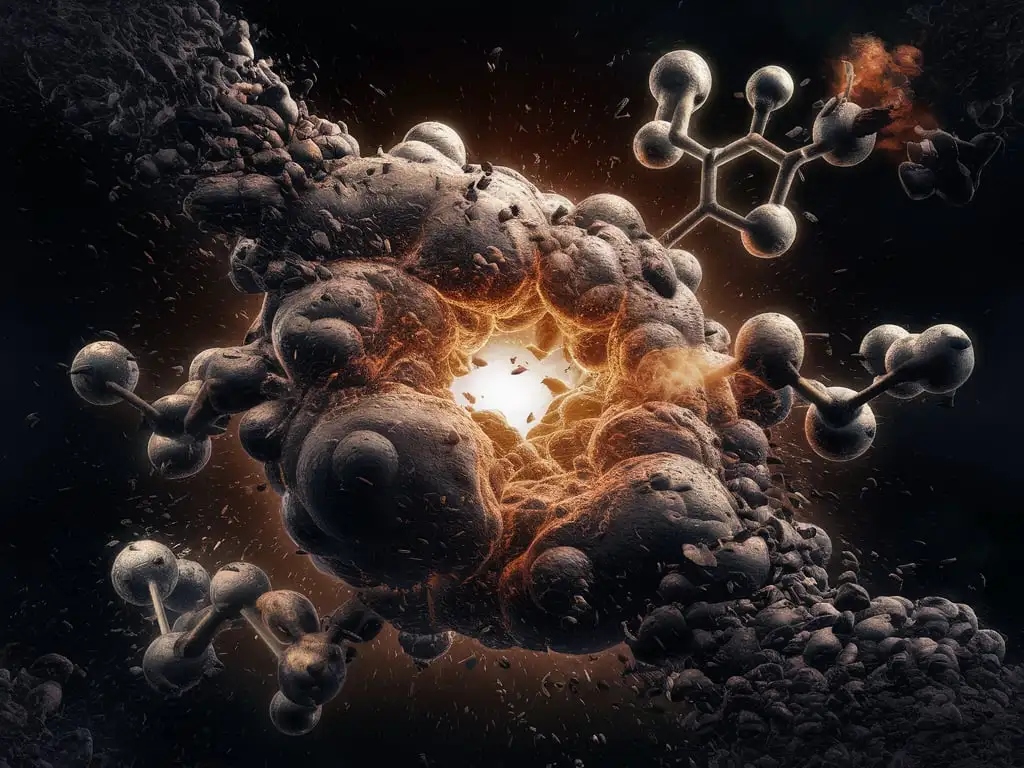Free industrial process Image Generator
Just imagine, and we'll instantly return a variety of personalized industrial process images—designed to bring your creativity to life! Generated by
- 4:3
- 3:4
- 1:1

image.state.default



Industrial processes refer to the systematic operations involved in the production and manufacturing of goods, typically on a large scale. These processes are vital for transforming raw materials into finished products, involving various stages such as extraction, processing, assembly, and packaging. Historically, the evolution of industrial processes has been driven by advancements in technology, beginning with the Industrial Revolution and continuing through the digital era, where automation and AI now play critical roles.
Understanding Industrial Processes: Definition and Background
The key characteristics of industrial processes include efficiency, scalability, and precision. These processes are designed to maximize output while minimizing waste, often through the use of advanced machinery and automation. Applications of industrial processes span across various sectors such as manufacturing, chemical processing, food production, and energy generation. For instance, assembly lines in automotive manufacturing or distillation in chemical processing are examples of industrial processes that ensure consistent quality and high-volume production.
Key Characteristics and Applications of Industrial Processes
Industrial processes can be categorized into various types based on their function and output. Common types include batch processing, continuous processing, and discrete manufacturing. Batch processing is used in industries like pharmaceuticals, where specific quantities of products are made in set intervals. Continuous processing, on the other hand, is ideal for industries like oil refining, where the process runs non-stop. Discrete manufacturing is prevalent in industries like electronics, where individual units are produced and assembled. Each type of process has its own set of tools, technologies, and methods tailored to its specific requirements.
Different Types of Industrial Processes: An Overview
The future of industrial processes is increasingly being shaped by innovations in AI, IoT, and robotics. These technologies are driving the fourth industrial revolution, often referred to as Industry 4.0. Smart factories equipped with interconnected systems are becoming the norm, where data analytics and machine learning optimize production processes in real time. Additionally, there is a growing emphasis on sustainability, with green manufacturing practices and the use of renewable energy sources becoming more prevalent. As these trends continue to evolve, industrial processes will become more efficient, flexible, and environmentally friendly.
The Future of Industrial Processes: Trends and Innovations